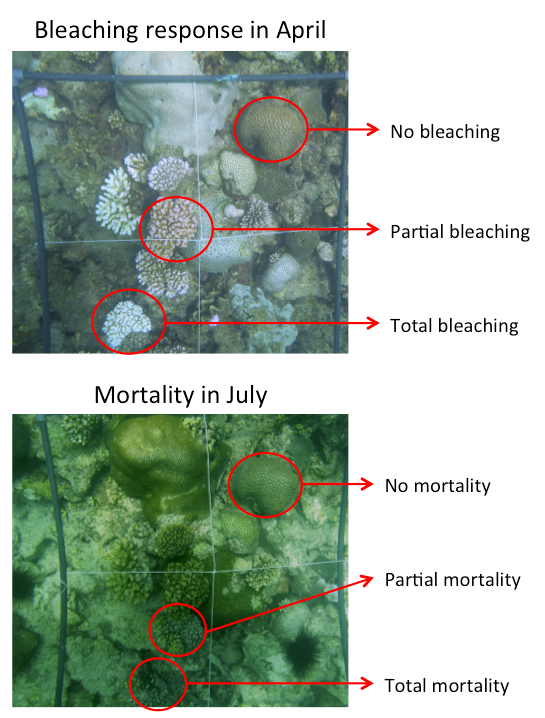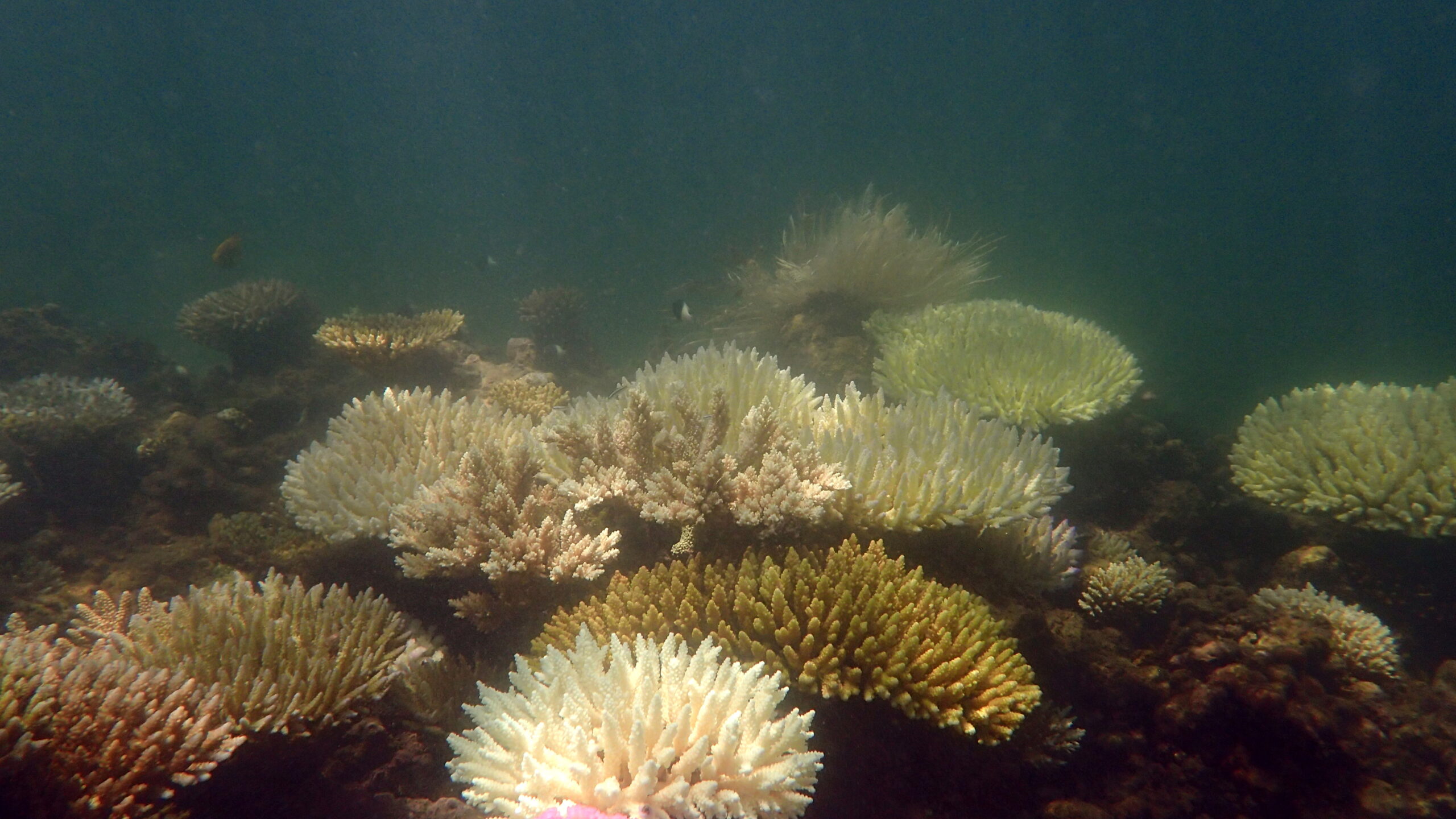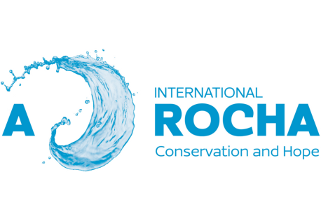Coral bleaching and a warming world
Coral bleaching is the biggest threat facing reefs today, including those in Watamu Marine National Park, opposite A Rocha Kenya’s field study centre.

Photo quadrats recording the bleaching and response of corals in 2013.
Bleaching events are not new here, with the last severe occurrence in 1998. But high survival rates following bleaching in 2013 and 2016 give us hope that Watamu’s corals may be adapting to cope better with heat stress. Now in 2020 the reefs are bleaching again, so A Rocha Kenya’s marine team, working in partnership with Kenya Wildlife Service, are back in the water, using permanent quadrats to photograph the same patches of reef every month and observing the response of each coral from bleaching to either mortality or survival (see right).
During abnormally hot conditions, corals expel the microscopic algae (zooxanthellae) living in their tissues causing the brightly coloured corals to turn bone white. Without the algae, the corals also lose their main food source, become more susceptible to disease and may eventually die.
Reef recovery takes time. So A Rocha Kenya’s data aims to determine whether these reefs can survive the frequency of bleaching we’ve been seeing, and how it will affect other marine life and the local people who rely on the corals for fishing and tourism.
Already there are some hopeful signs. Between 2011 and 2020, coral cover doubled, showing that despite two bleaching events the reef was recovering. Also, the crucially important branching Acropora or staghorn corals, normally very sensitive to thermal stress, are showing signs of resistance to bleaching. If climate change follows its current trajectory, these events may become more common. But scientists think that if we can propagate the resistant colonies via ‘coral gardening’ we can help repopulate the reef with thermally tolerant corals, helping to protect the reefs in the future.

Bleached corals in Uyumbo (Dawn Goebbels)
Dr Benjamin Cowburn is a Marine Biologist with the Centre for Environment, Fisheries and Aquaculture Science (CEFAS) and has supported A Rocha’s Marine and Coastal Conservation Programme as a volunteer since 2011.
